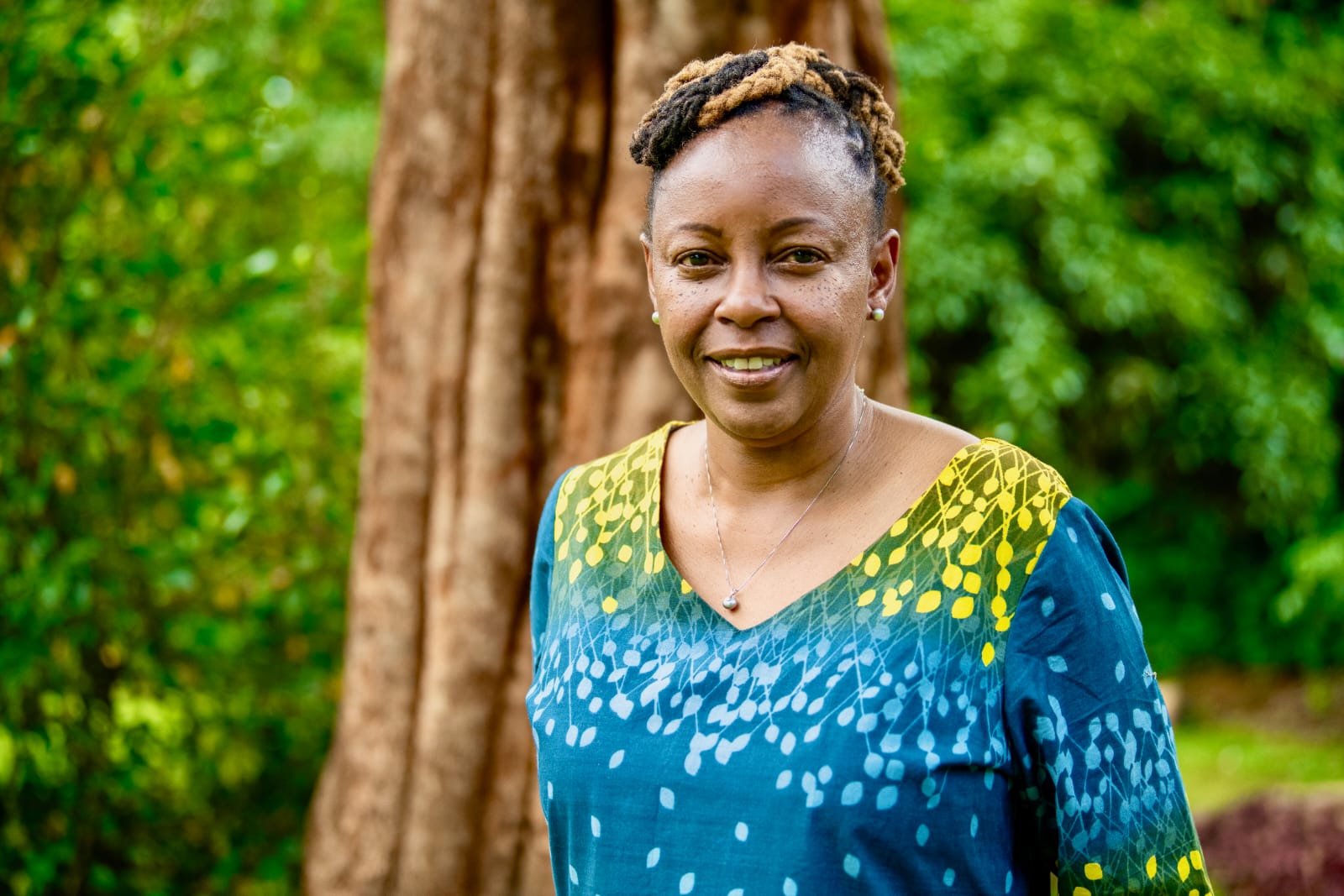A cross- section of Environment organizations have assured President William Ruto that they do not oppose the ambitious 500-kilometer Mau Mau road project – a large-scale infrastructure project by the Government of Kenya, which aims to improve inter-county connectivity and bolster economic growth.
However, they are urging the president to consider a more sustainable option for the proposed section of the road cutting through Aberdare National Park.
They recommend the 32-kilometer Kariamu-Ndunyu Njeru road over the controversial 49-kilometer Ihithe-Ndunyu Njeru route, proposed by the Kenya National Highways Authority (KeNHA), which would destroy one of the few remaining critical water towers and mountain forest ecosystems in Kenya.

According to the group, the Kariamu-Ndunyu Njeru road would benefit a larger population of people while being economically and environmentally viable.
Speaking against the backdrop of the Sixth United Nations Environment Assembly (UNEA 6) which commenced on Monday, 25th, and is hosted by Kenya in Nairobi, the Conservation Alliance of Kenya and the Green Belt Movement emphasized that the Kariamu-Ndunyu Njeru road is 17 kilometers shorter and cheaper by over one billion.
“We are not against the road. We are for the road, except that it has to be sustainable and viable for the benefit of the people. The alternative road costs about 3.6 billion Shillings, which is actually cheaper than utilizing taxpayers money 4.6 Billion for the upgrade of a road through Aberdares and it also gives more benefits to communities, particularly in terms of trade, movement, services, mushrooming of towns, ensuring that goods are moving, so we find that one a little much better even for tourism activities connecting Rumuruti and other places. It is expensive to reverse any degradation that has occurred. Why is it expensive? Because you need resources,” said Steve Itela , CEO , Conservation Alliance of Kenya.
“There are viable alternatives to this proposed highway that have less of an impact. So, the government is required to consider that in order to be able to say that if this road were to be developed truly provides more benefits, more socio–economic benefits, and the impact, because we know that there will be a significant impact, and the impact is worth it for all of us in Kenya,” added Nyaguthii Chege – Chairperson, Board of Directors, The Green Belt Movement.





